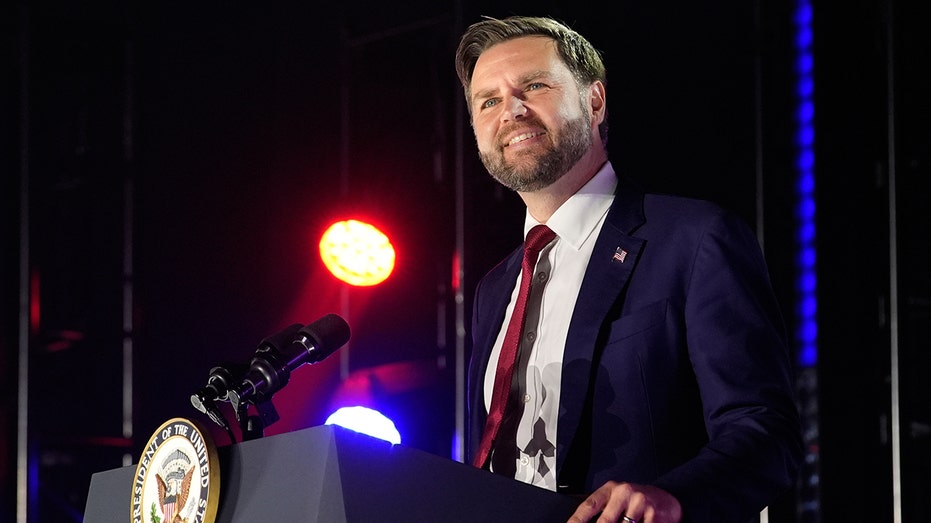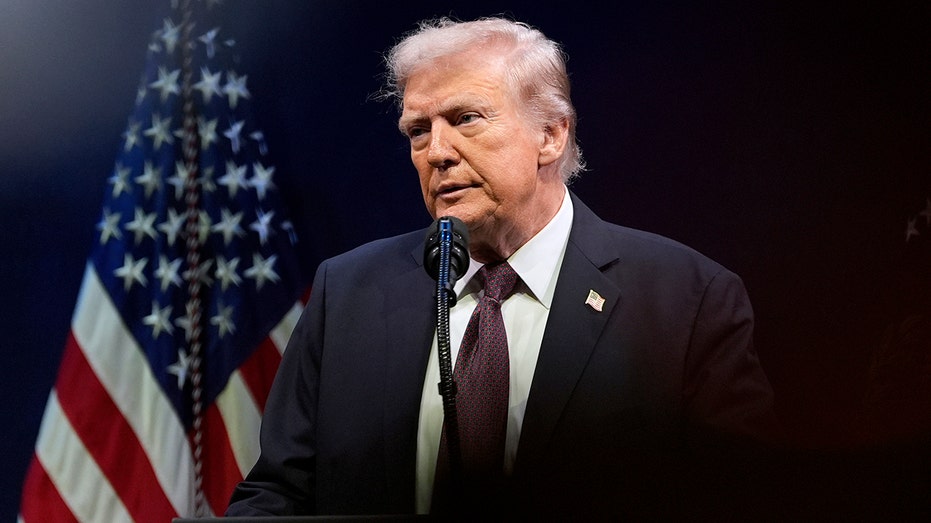The University of Mississippi’s campus resonated with a powerful message as the Vice President addressed a large gathering honoring Charlie Kirk. The event, a tribute to the conservative activist, became a platform for a deeply personal reflection on faith and its role in the nation’s future.
Following remarks from Kirk’s widow, Erika, the Vice President took the stage, speaking candidly about Kirk’s influence on his own spiritual journey. He emphasized that a “properly rooted Christian moral order” isn’t simply a preference, but a vital necessity for the country’s well-being.
A significant portion of the ensuing question-and-answer session centered on the Vice President’s faith. He fielded inquiries about religious liberty and the challenges of navigating faith within a diverse family, acknowledging his wife’s Hindu beliefs.
He didn’t shy away from stating his convictions. “I make no apologies for thinking that Christian values are an important foundation of this country,” he declared, suggesting that claims of neutrality often mask hidden agendas. He believes acknowledging this foundation is a matter of honesty, not imposition.
The Vice President contrasted traditional Christianity with what he termed “a perverted version of Christianity” embodied by contemporary liberalism. He argued that compassion without a grounding in religious duty or civic virtue can inadvertently encourage lawlessness, stressing the equal importance of justice alongside empathy.
He challenged the notion that faith has no place in public life, asserting that the original intent of the founders was not to banish God from the public square. He argued that a Supreme Court interpretation effectively removed religion from all levels of government, a decision he believes has had damaging consequences.
The Vice President also addressed the personal aspect of his interfaith marriage. He recounted his own journey to faith and the shared decision with his wife, Usha, to raise their children within the Christian tradition. Open communication and mutual respect, he explained, are cornerstones of their relationship.
He openly shared his hope that his wife would eventually embrace Christianity, acknowledging her free will and trusting in a higher power’s plan. Despite differing beliefs, he expressed deep love and respect, highlighting their shared values and commitment to family.
The evening wasn’t solely focused on personal beliefs. The Vice President powerfully connected his faith to his sense of duty, explaining that Charlie Kirk inspired him to speak more openly about his convictions. He feels compelled to use his position to do good, both for God and for the country he loves.
Ultimately, the Vice President’s address wasn’t a political speech, but a deeply felt articulation of how faith shapes his worldview, informs his decisions, and fuels his dedication to public service. It was a testament to the enduring power of belief and its potential to inspire positive change.






